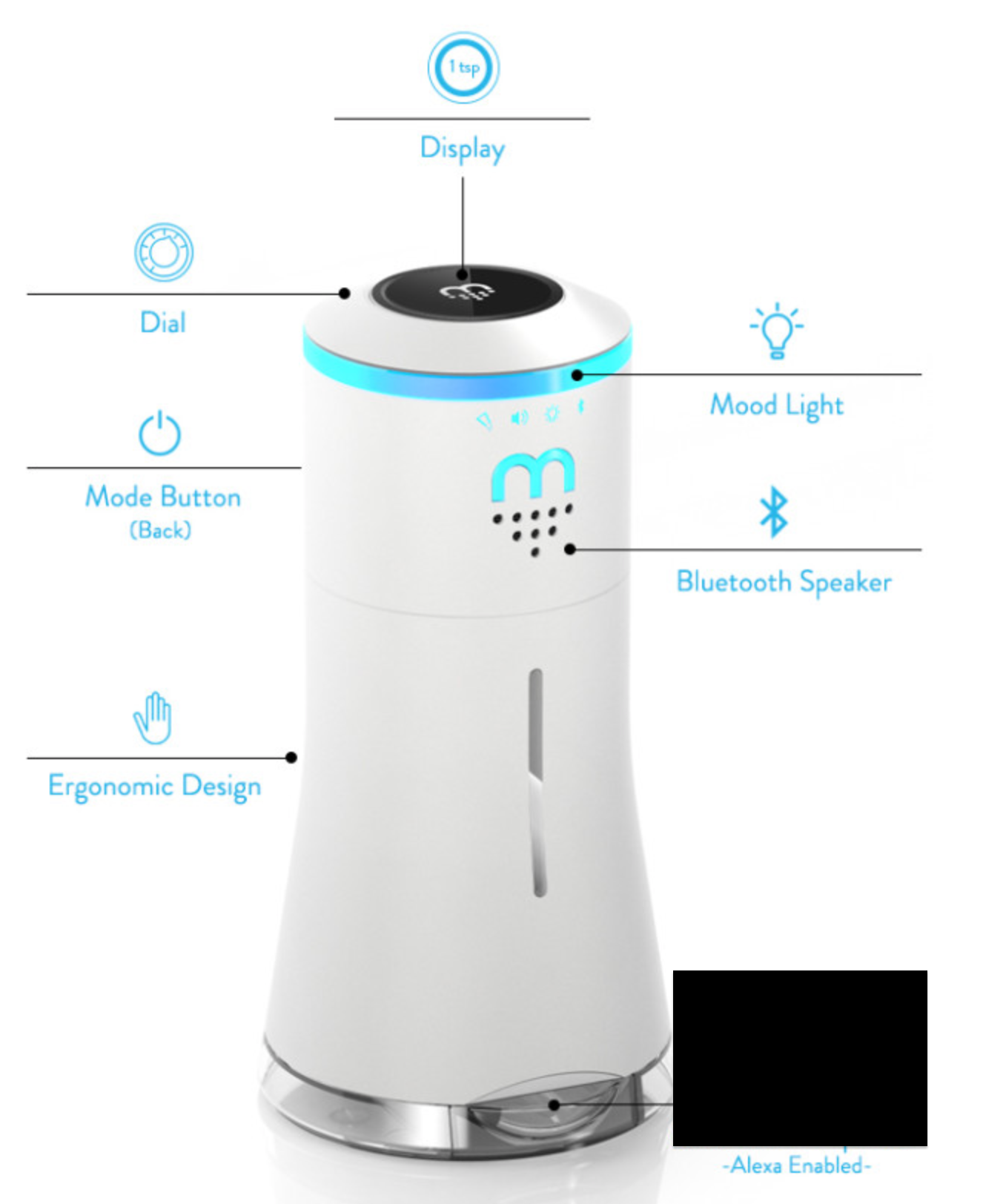- Fox will show its first six-second TV ad: Let’s call them “Snapchat-ads”. I am unsure if they might be even too short for TV ads. Admittedly, ads interrupting watching TV is annoying, but at least the ads are entertaining (at least some of them). Not sure if consumers will consider them super irritating because they are on the one side interrupting and on the other hand not providing any “advertisement value.“
- “Voice banking is coming to the forefront” (according to Business Insider). USAA is adding Alexa-based balance checking and information about spending behavior. Makes sense to me; regardless of how good looking some banking apps are (I am using N26, and their web and app-UI is pretty nice), digging into my spending behavior still requires Excel. Whereas I like analyzing that stuff, I would prefer it if somebody could tell it to me. More precisely, I would prefer someone showing it to me (inquiry can still be voice-based). On the one side there are privacy concerns (somebody overhearing it) and on the other hand I can only remember some much numbers at a time. Thus, integration into Amazon Show (and similar) would be cool. Moreover, visual representation would allow mobile usage (e. g. on the Alexa app)
What am I?

Right, a salt shaker called “SMALT” and currently looking for funding on indiegogo. Although I am unsure how much sense an Alexa-enabled salt shaker makes, there are a few things I like to consider.
As a general note, I think people are confusing “Alexa” (or any other smart speaker) with devices. To me, smart homes speakers such as Alexa, are the first step towards a voice-controlled home. Therefore, I think that adding Alexa to other products makes sense only in the short term because I expect voice to become an infrastructure in our homes as essential as electricity or water. Besides that:
- Is SMALT pointing us in the direction of an automated kitchen? Sure, automating salt is not a gigantic field for automation, but it might be one of many products that will help us automate cooking. Nevertheless, one must consider whether automating salt intake (or whatever other small manual task) will be necessary in the future at all (it is like building a robot for washing the dishes instead of a dish washer).
- Are we heading into an “X with Alexa” trend (X being any product you can think of)? This reminds me of the time where we had Tinder or Uber for everything. One significant difference, however, is that you only need so many Alexa devices in your home. Nevertheless, I am expecting more Alexa-enabled devices (with questionable value) to come.
- Are (consumer) products equipped with Alexa, a form of “stealth introduction” of smart speakers? Lots of people might not see a reason for buying an Echo or similar itself, but a salt shaker with Alexa might at least be a useful salt shaker. Over time then, people would experiment with the speakers and start getting accustomed to them until using them becomes a “habit”.
- It helps Alexa learn nuances: Apparently the shaker is able of dispensing the right amount of salt based on voice commands. I am curious how the device will know the right amount of salt; how will it know how much “a little bit of salt” is? If Alexa and Co. are to be placed into our homes as companions they will have to be able to deal with such nuances; “close the curtains a little bit”, “turn up the heat just a bit”…
- Shows where food tracking might be going One of the salt shaker’s features is that you can track your salt intake. Whereas I doubt that this makes much sense (the analysis is flawed by the first time you spill salt or somebody else uses it) it shows how technology is leading us into a future where we are tracking everything we eat. Nutritional information on packages and all kinds of food diary apps are just the beginning, “smart” home appliances (such as this salt shaker) and worn or implanted food tracking devices, pills or software such as BiteBites eating sound analysis software are the next steps.